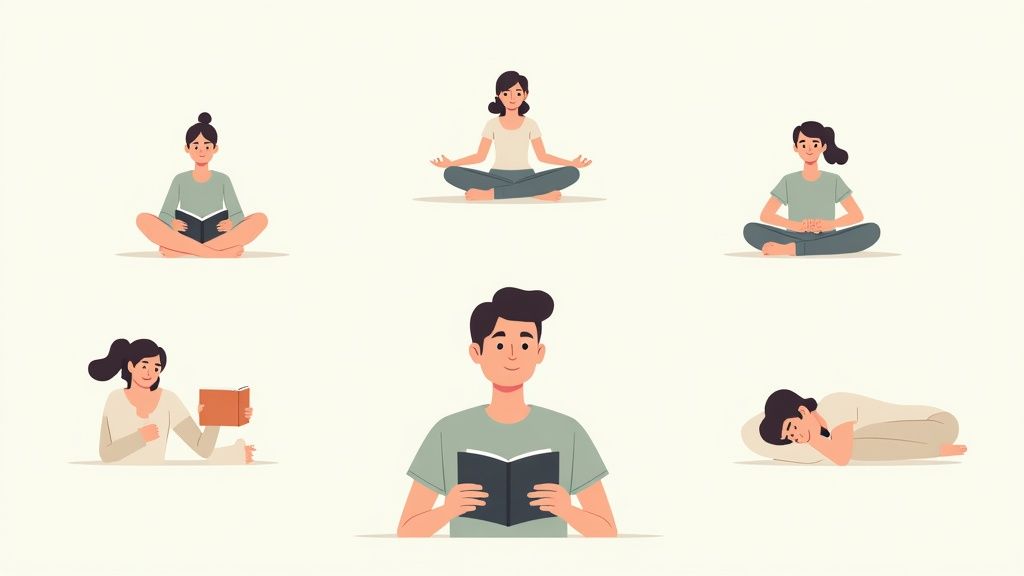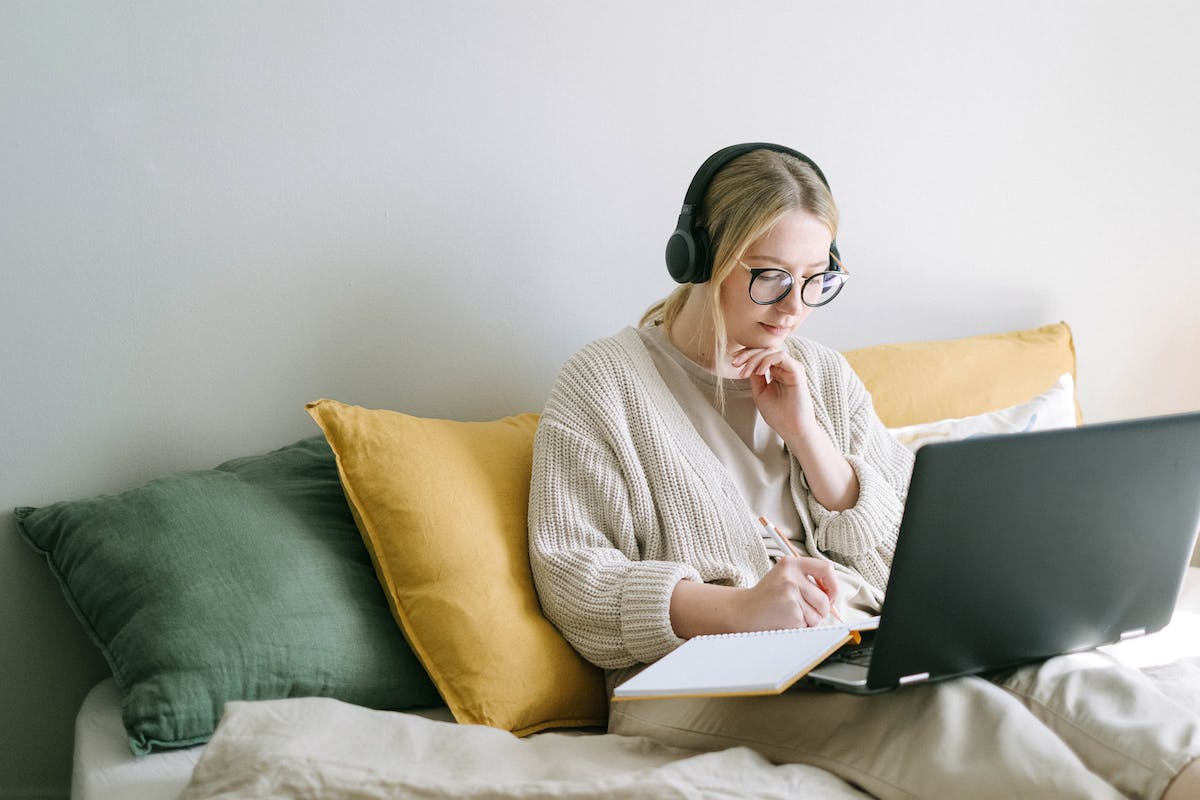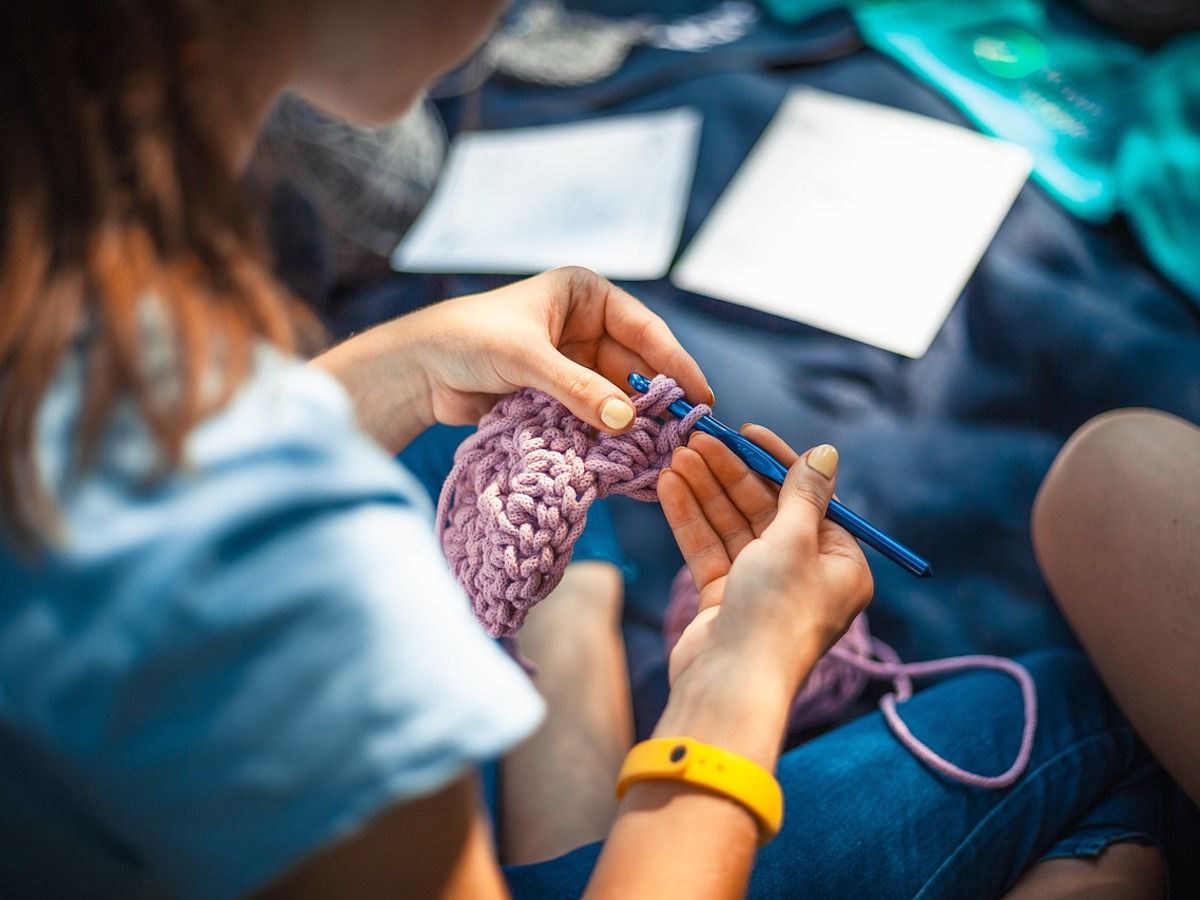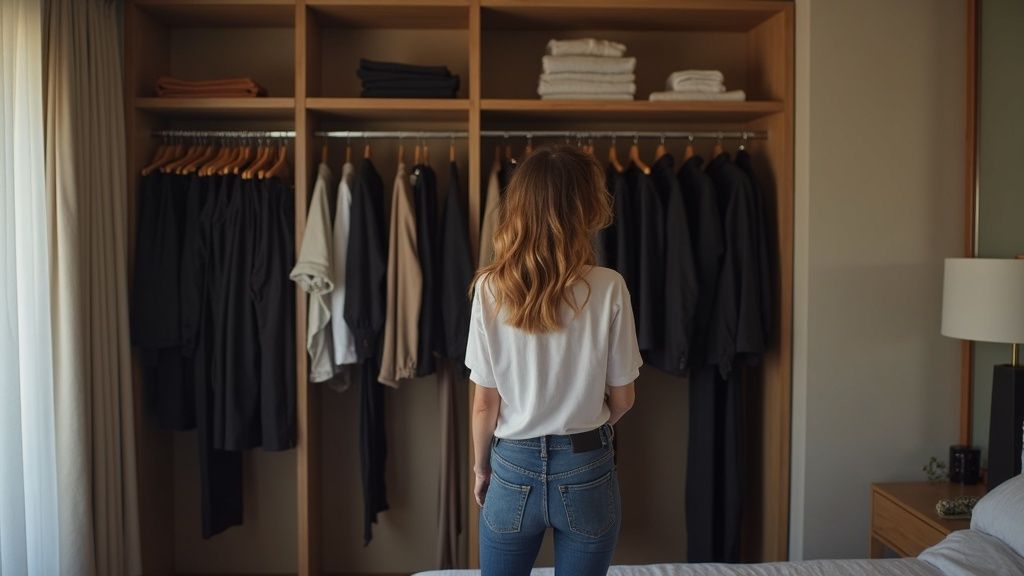Advertisement
Lifestyle
That nightcap before bedtime may not be as beneficial as you believe
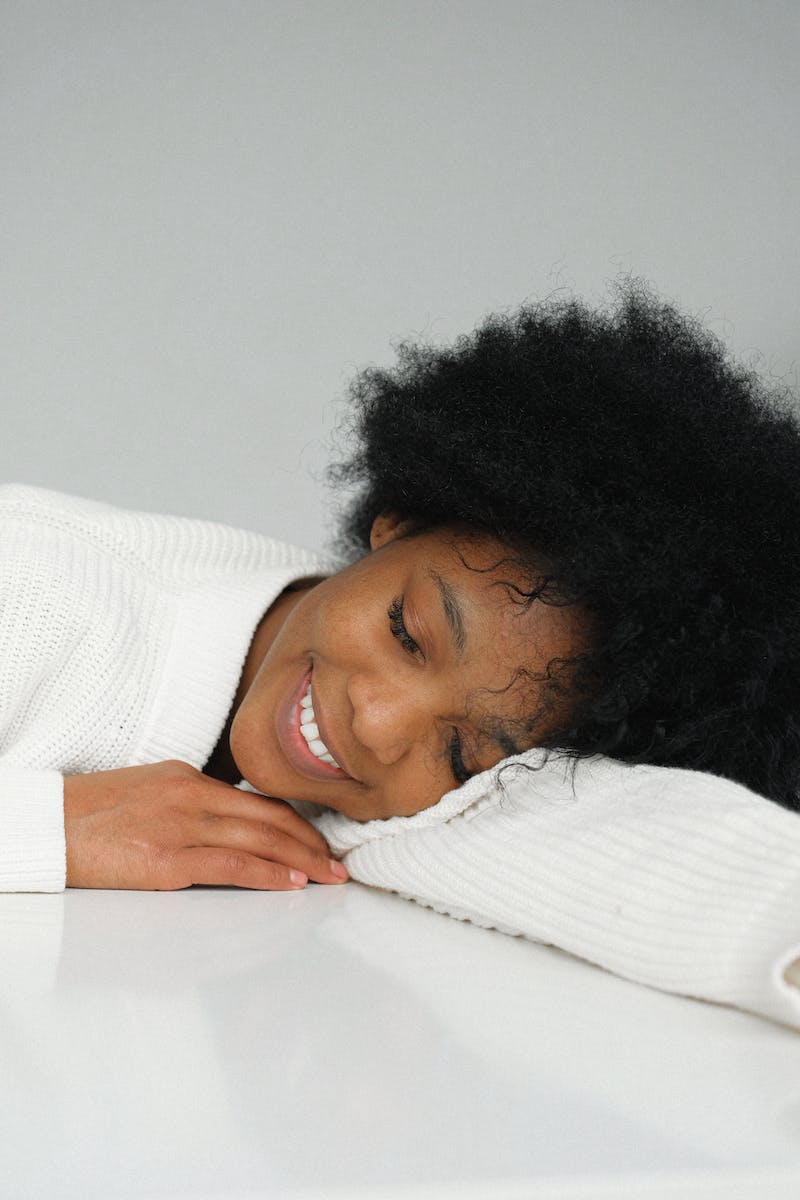
That cocktail before bedtime isn’t as helpful as you think
Understanding Alcohol’s Effects on Sleep
While many people believe that a cocktail or nightcap before bedtime will lull them into a peaceful slumber, the reality is much more complicated. Because alcohol possesses both stimulant and sedative effects, it can have variable influences on sleep quality and duration, often leading to restless nights and impaired daytime functioning.
Alcohol might initially induce drowsiness, making it easier for some people to fall asleep. However, as your body metabolizes the alcohol, it can cause disruptions in various stages of sleep, particularly during the restorative rapid eye movement (REM) cycle. As a result, even if you do manage to sleep through the night after consuming alcohol, you may not wake up feeling refreshed or well-rested.
Additionally, alcohol affects the regulation of sleep hormone production. It can inhibit the secretion of melatonin, a hormone that plays a key role in your body’s circadian rhythm or internal clock. This deregulation in your sleep-wake cycle can leave you feeling groggy and out of sync.
Imagine hosting an evening gathering with friends at your home. You enjoy some wine and later, a nightcap of whiskey before bed, thinking it will help you sleep. Instead, you find yourself waking up periodically throughout the night, struggling to fall back asleep each time. In the morning, despite spending eight hours in a bed, you feel far from rejuvenated.
- Alcohol creates disturbances in the REM stage of sleep, which is essential for memory consolidation and mood regulation.
- The sedating effects of alcohol occur primarily during the first half of the sleep period, leading to frequent awakenings in the latter part.
- Regular consumption of alcohol before bedtime can lead to expectancy-induced insomnia, meaning the lack of alcohol produces anxiety, causing difficulty in sleeping.
- Long-term use of alcohol as a sleep aid can build tolerance, requiring more alcohol to feel its sedative effects.
- Alcohol-induced sleep is not as restorative as natural, undisturbed sleep.
- Over time, heavy drinking can exacerbate symptoms of sleep disorders like sleep apnea and insomnia.
The Science Behind Alcohol and Sleep Interaction
The interaction between alcohol and sleep isn’t just about disrupted REM cycles or impaired melatonin secretion. Other underlying factors contribute to the poor quality of sleep associated with alcohol consumption.
One of these factors is alcohol’s diuretic effect. Consuming alcoholic beverages increases your body’s production of urine, which means you may find yourself waking up more often during the night to go to the bathroom. This steady disturbance prevents you from achieving a continuous, deep sleep.
Moreover, alcohol has been strongly linked to sleep apnea, a serious condition marked by repeated interruptions in breathing during sleep. Even if you don’t typically suffer from sleep apnea, drunk sleep can result in sporadic breathing patterns and snoring, which can disrupt your sleep cycle significantly.
To see how this manifests in real life, consider Tom who loves his evening beer. But he’s begun noticing that despite getting his regular 7 hours of sleep, he’s still tired. A big part of this is his frequent trips to the bathroom due to beer’s diuretic effect interrupting his sleep. He also complains about loud snoring, which might be an unrecognized symptom of sleep apnea aggravated by alcohol.
- Alcohol increases urine production, causing nocturnal awakenings to use the bathroom.
- Chronic intake of alcohol before sleep can lead to decreased efficacy of normal sleep processes.
- Alcohol can worsen the symptoms of pre-existing sleep conditions such as sleep apnea and insomnia.
- Nighttime snoring could be a symptom of alcohol-induced sleep apnea.
- Alcohol induced sleep-disruptions can affect daytime performance and cognitive functioning.
- Heavy drinking close to bedtime is linked with poor quality of sleep.
The Impact of Alcohol on Daytime Performance
It’s not just the hours spent in bed that are affected when you drink alcohol before bedtime. The resulting poor-quality sleep also impacts your daytime productivity, cognitive function, and overall mood.
Inadequate sleep quality is associated with concentration difficulties, memory issues, and reduced problem-solving abilities. You may find yourself unable to focus on tasks during the day or forget key details about important meetings. These factors significantly hamper productivity and efficiency in both personal and professional settings.
Furthermore, lack of good quality sleep can lead to mood swings, irritability, and a general sense of unhappiness. Over time, it can even contribute to mental health issues such as depression and anxiety disorders.
Suppose you have a routine of drinking wine every night before bed to “help you sleep”. Over time, you might notice that you’re struggling to remember details from recent conversations or finding it hard to concentrate on complex tasks at work. This, coupled with periods of irritability and sudden mood changes, can affect both your work performance and relationships.
- Poor sleep due to alcohol consumption can impair concentration and cognitive abilities during the day.
- Regular use of alcohol as a sleep aid can lead to decreased productivity and work efficiency.
- Disrupted sleep-wake patterns can cause emotional instability, leading to mood swings and increased irritability.
- Ongoing sleep disruption can contribute to mental health disorders such as depression and anxiety.
- Lack of quality sleep due to alcohol can impact overall happiness and wellbeing.
- A regular practice of using alcohol to fall asleep can result in reliance on alcohol for normal sleep function.
Summary
| Key takeaway | Impact |
|---|---|
| Disrupts REM sleep and inhibits melatonin secretion | Irregular sleep-wake patterns and non-restful sleep |
| Diuretic effect and potential for sleep apnea | Frequent nocturnal awakenings and disrupted sleep |
| Impairs daytime performance and mood regulation | Reduced productivity, concentration difficulties, and emotional instability |
In conclusion, while you may feel that alcohol helps you fall asleep, the overall quality of your rest is compromised. A cocktail before bedtime is more likely to hinder than it is to help your night’s sleep. Instead, consider adopting more effective and healthier sleep practices such as maintaining a regular bedtime, engaging in routine exercise, and creating a peaceful sleep environment. Drinks at nighttime are best enjoyed responsibly and in moderation, not intended as a means to secure sound sleep.


